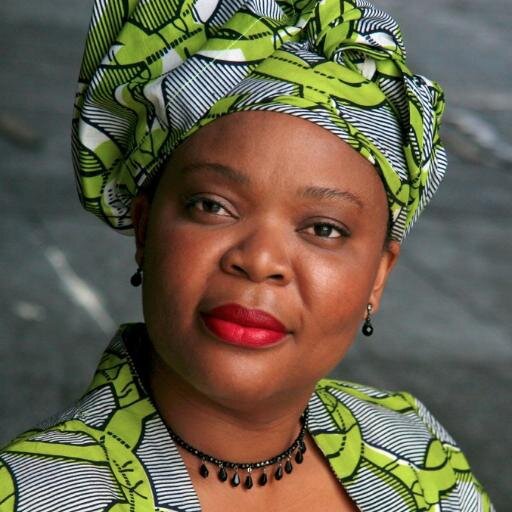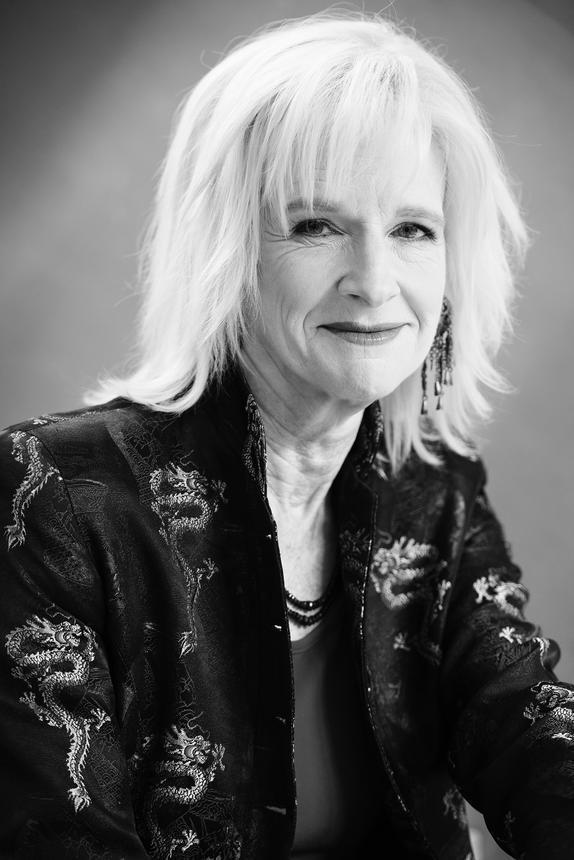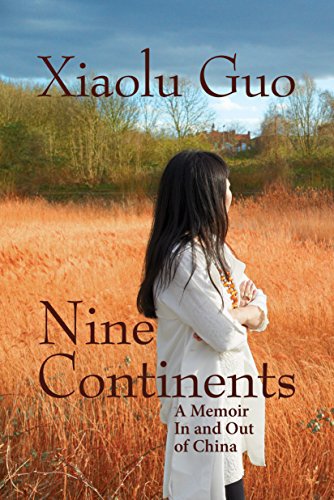Today, I’m super pleased to be hosting the next stop on Rory Clements’ Corpus blog tour, published by Zaffre.
As part of the tour I can reveal I have some exclusive content from the author himself on the books that inspired Corpus, along with a fabulous prize to win one of two, hardback copies of the novel – you lucky people! As always don’t forget to stop off at all the other stops on this blog tour – #Corpus

First up it’s the Blurb:
1936.
Europe is in turmoil.
The Nazis have marched into the Rhineland.
In Russia, Stalin has unleashed his Great Terror.
Spain has erupted in civil war.
In Berlin, a young Englishwoman evades the Gestapo to deliver vital papers to a Jewish scientist. Within weeks, she is found dead in her Cambridge bedroom, a silver syringe clutched in her fingers.
In a London club, three senior members of the British establishment light the touch paper on a conspiracy that will threaten the very heart of government. Even the ancient colleges of Cambridge are not immune to political division. Dons and students must choose a side: right or left, where do you stand?
When a renowned member of the county set and his wife are found horribly murdered, a maverick history professor finds himself dragged into a world of espionage which, until now, he has only read about in books. But the deeper Thomas Wilde delves, the more he wonders whether the murders are linked to the death of the girl with the silver syringe – and, just as worryingly, to the scandal surrounding King Edward VIII and his mistress Wallis Simpson…
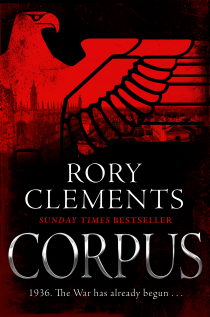
*Exclusive Author Content*
The Books That Inspired Corpus
I have read and delved into bucket loads of books in researching Corpus, my new 1930s thriller. But some stand out as more inspirational than others. Here are my top picks of both fact and fiction.
Memoirs & Diaries
Nothing compares to a diary if you want to discover the real atmosphere of a certain time in history. I was fortunate to be able to call on two of the finest diarists in my research – Harold Nicolson’s Diaries & Letters and Chips by Sir Henry ‘Chips’ Channon. Both men give an insider’s view of the ruling class in the 1930s and should be read for pleasure not just to garner information.
For a very different perspective, there’s George Orwell – his gritty memoirs Homage To Catalonia and The Road To Wigan Pier provided first-hand accounts of the Spanish Civil War and the appalling living conditions of the northern working classes in England.
Biography
A Spy Among Friends by Ben Macintyre is the story of Soviet spy Kim Philby and the friends he betrayed. It’s all true, of course, but it is so well written and packed with such fascinating stories that it reads like a first-rate thriller.
Thrillers
Some thrillers are ‘counterfactual’ – ie they assume history panned out in a different way. For instance, the premise of Fatherland by Robert Harris, SS-GB by Len Deighton and The Man In The High Castle by Philip K. Dick is that the Nazis won the war. I love them all, but Corpus fits more into the ‘secret history’ pigeonhole. And the best of these, for me, are The Eagle Has Landed by Jack Higgins and The Day Of The Jackal by Freddie Forsyth. Great fun, truly thrilling – and they certainly inspired me.
1930s Novels
Sometimes a novel can tell you as much as a history book. Two novels in particular gave me a wonderful insight into 1930s Germany. The first was Flotsam written in 1939 by Erich Maria Remarque (author of All Quiet On The Western Front) and the second was Mr Norris Changes Trains, written by Christopher Isherwood in 1935. Flotsam tells the heartbreaking story of the migrants fleeing Hitler or cast out by him but unable to find refuge in other countries. Remarque loathed the Nazis (who had burned his books) and moved to Switzerland. Sadly, his sister Elfriede stayed and in 1943 was guillotined for ‘undermining morale’ by saying that the war was lost. Isherwood’s book, meanwhile, describes Berlin in the time of transition from democracy to tyranny.
Cambridge Novels
Two novels set in Cambridge taught me a great deal about the way the university worked in the early part of the twentieth century. The Masters by C.P.Snow is set in a fictional college (believed to be Christ’s) in 1937 when the Nazis were threatening. The Gate of Angels by Penelope Fitzgerald also takes a fictional Cambridge college as its setting.
About the Author
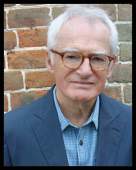
Rory Clements is the bestselling author of the John Shakespeare series of Tudor spy thrillers. His six acclaimed novels, Martyr, Revenger, Prince, Traitor, The Heretics and The Queen’s Man, follow Elizabeth’s Intelligencer, John Shakespeare, brother to the playwright William, through the dark underworld of Tudor England as he unmasks the traitors and conspirators who plot against the Queen.
Rory Clements won the Crime Writers’ Association Ellis Peters Historical Fiction Award in 2010 for Revenger, and has been shortlisted for CWA Awards for Martyr, Prince and The Heretics. A TV series is currently in development. To find out more about Rory Clements check out his website here.
To buy this from Amazon just click here
To buy this from Waterstones click here.
Now for the Fabulous Prize offered by Zaffre
*This Comp has now closed and the winners notified*
FOR A CHANCE TO WIN ONE of TWO COPIES of CORPUS BY RORY CLEMENTS
- Retweet one of my tweets about the giveaway (@emms_rachel), OR comment on the post below. (You’ll need to follow me on Twitter, so that I can send you a direct message if you win.)
- Rules: Only one entry per reader.
- Open to UK residents only.
- I will draw the winners at random. There will be no cash alternative
- The competition closes for entries at 13.00pm GMT on Thursday 9th February 2017
- My decision is final and no correspondence will be entered into.
